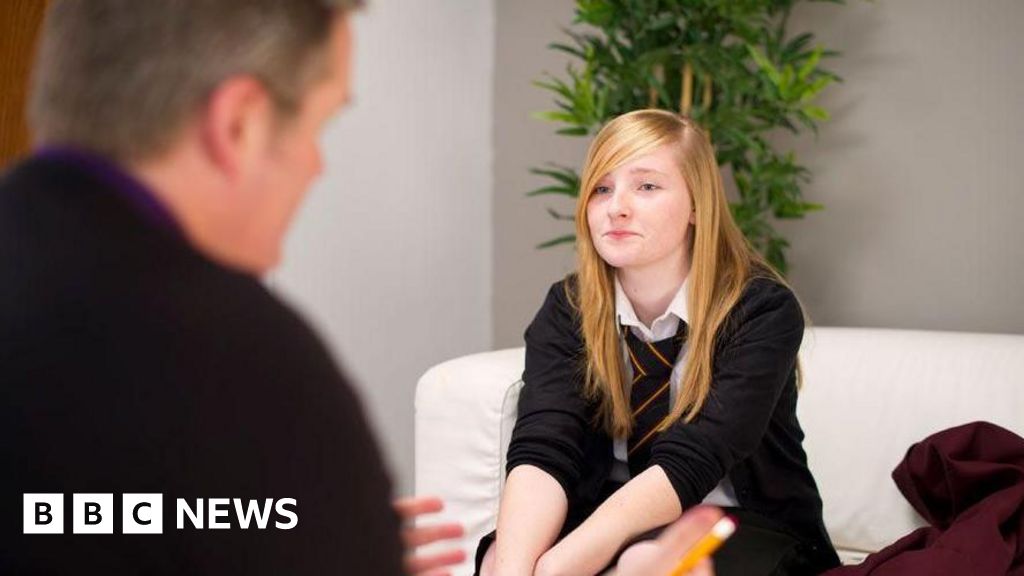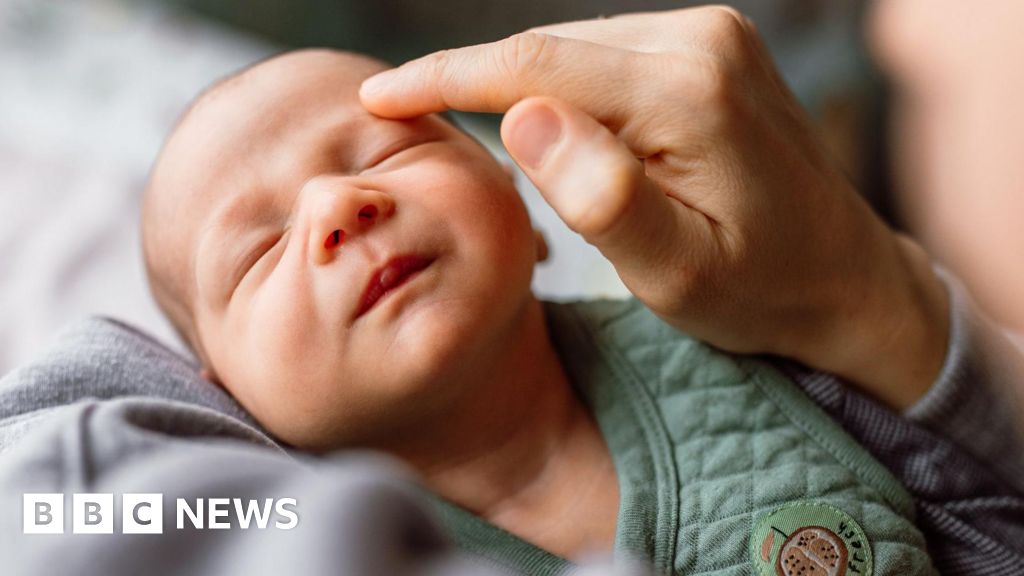ARTICLE AD BOX
By Charlie Jones
BBC News
Image source, Steven Marsland
Image caption, Steven Marsland has been through 53 rounds of chemotherapy and 25 lots of radiotherapy since he was diagnosed in 2018Bowel cancer patients are scared to take a break from their treatment because they might end up having to pay for it, campaigners say.
Patients are only eligible for two specialist drugs on the NHS if they do not have a break of six weeks or more.
Steven Marsland, 36, from Brantham, Suffolk, said he was being forced to choose between living with a hernia or having his life expectancy reduced.
NHS England said it was reviewing the policy.
Mr Marsland, a father-of-two, has incurable cancer but needs to pause his treatment for a hernia operation.
Image source, Steven Marsland
Image caption, Mr Marsland, pictured with his wife Emma, believes it is unfair to put extra stress on bowel cancer patientsHe has been through 53 rounds of chemotherapy and 25 lots of radiotherapy since he was diagnosed in 2018.
Mr Marsland, who works as a principal technologist for BT, started taking the drug cetuximab two years ago, but has since developed a hernia the size of a football that he said limited the activities he could do with his five-year-old twin sons.
Image source, Steven Marsland
Image caption, Mr Marsland says he needs a hernia operation so he can continue to be a hands-on, active father to his twin sonsTo avoid a potential bill for thousands of pounds when he goes back on his cancer drugs, he must reduce his treatment break to less than six weeks.
"Under the current rules I would not have been able to return to the cetuximab treatment plan," he said.
"This meant I needed to choose between living with the hernia, or significantly reducing my life expectancy.
"I really don't understand the logic behind the rules and they are forcing me to make life-changing decisions with significant knock-on effects at a time that I need to make the most of."
Image source, Carolyn Davison
Image caption, Roy Davison, pictured with two of his daughters, would have done anything for anyone and had a huge heart, his family saidRoy Davison, a father-of-three from Preston, was told he could not go back on panitumumab on the NHS after taking a break for liver surgery.
The engineer, diagnosed with bowel cancer in 2014, was making good progress and the drug had shrunk his tumours enough to make them operable, his wife Carolyn said.
"Then the doctors told us the rules had changed and suddenly the drug was snatched away. It seemed so wrong and so cruel.
"It was like a prescription was written but he was only allowed to have half of it."
Mr Davison tried other drugs but his cancer spread. He died aged 59 in 2017, before he was able to meet his three grandchildren.
Image source, Carolyn Davison
Image caption, Mr Davison, pictured with his family, was denied the chance to go back on a drug his family believe would have prolonged his life"We feel like we would have had a lot longer with him if he could have stayed on the treatment," Mrs Davison said.
"He would have been a fantastic granddad. He was a real family man and absolutely adored children. He may have lived to see them if this rule wasn't in place."
The rule, which affects patients in England taking cetuximab and panitumumab, has been temporarily paused during the pandemic, NHS England said.
More than 50,000 people have signed a petition to scrap it permanently. Bowel cancer patient Steve Clark, 56, who started the petition, said the rule was unethical and unfair.
The business consultant from Caversham, Reading, said patients were often forced to continue their treatment, even though many needed a break to recover from side effects, including painful rashes, nausea and reduced appetite.
Image source, Bowel Cancer UK
Image caption, Steve Clark started a petition to scrap the rule, which has been signed by more than 50,000 people"There is so much fear and frustration around the rule. There is a threat hanging over people who rely on these drugs," he said.
"There is just no rationale behind the rule. It doesn't apply elsewhere in the UK and there is no logic behind it.
"I have spoken to many doctors who agree it makes no sense and they don't support it."
Chief executive Genevieve Edwards said it saddened her to hear that people continued to be worried about being eligible for "vital NHS treatment".
"What advanced bowel cancer patients need is certainty that taking a short break from these life-extending drugs won't result in a disruption to their care, or leave them worrying about having to fund their own treatment," she said.
A spokeswoman for NHS England said: "The NHS is currently reviewing the treatment break policy with input from several cancer charities."
Find BBC News: East of England on Facebook, Instagram and Twitter. If you have a story suggestion email eastofenglandnews@bbc.co.uk
The BBC is not responsible for the content of external sites.

 3 years ago
102
3 years ago
102








 English (US) ·
English (US) ·